It is one thing to think the course you offer is excellent. It is entirely another to know this for a fact.
The courses we design and deliver have always had our students and their future at the heart. We work with employers and industry experts to ensure that what we deliver is relevant, of high quality, and will give our students the edge when they graduate. We believe in our courses, we believe in their quality and we believe that they will provide the biological scientists of the future (that could be you!) with the professional training that they need to become highly successful scientists. But it is not enough to believe it – we want to prove it.
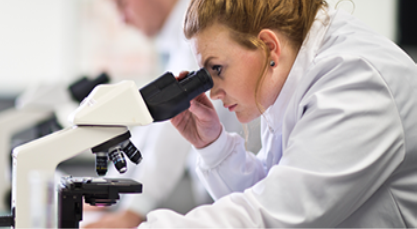
Previously, we have put ourselves through the rigorous process of degree accreditation by the Royal Society of Biology (RSB) – and we have been successful. A real measure of the quality of the programmes that we offer. But this is not a badge you get once and can keep forever, oh no, this badge is earned, and you must continue to earn the right to display it proudly.
It was a cold morning in November when we were prepared to showcase our programmes to an expert panel from the RSB. Ready demonstrate why our Awards deserve to keep the accolade ‘accredited by the RSB’. Luckily, due to the ongoing COVID19 pandemic, no one had to actually face the cold! We all sat in our own living rooms or at kitchen tables ready to discuss and explain what we do for our students. Some of our current undergraduate students also met with the panel – the accreditation team want to make sure what we say is backed up by student experience. The event took the whole day, our programme was scrutinised and we were questioned about all that we do. As the day drew to a close, we felt that things had gone well, but we didn’t know until the final report came in….
Now we celebrate – the RSB has re-accredited all of our courses! And not only did we get reaccredited but we were also commended for some of the specific points of our programme;
- The incorporation of global issues within teaching which ensures students have a global awareness of their field of study.
- The implementation of cross level working and interaction (through Global Challenges) which enables students to have a real experience of team working which is highly desired by employers.
- The active involvement, alongside the academics, of a highly skilled and experienced technical team in the teaching of undergraduate students.
- That all students have the opportunity to undertake a lab-based research project as their capstone experience.
- That all students undertake a compulsory work placement gaining valuable employability skills that will support their future careers.
- That all students participate in the GradEx exhibition giving an opportunity to highlight their capstone experience to potential employers.
We are proud, we are happy, and we know our courses are excellent – and they are all accredited by the Royal Society of Biology.




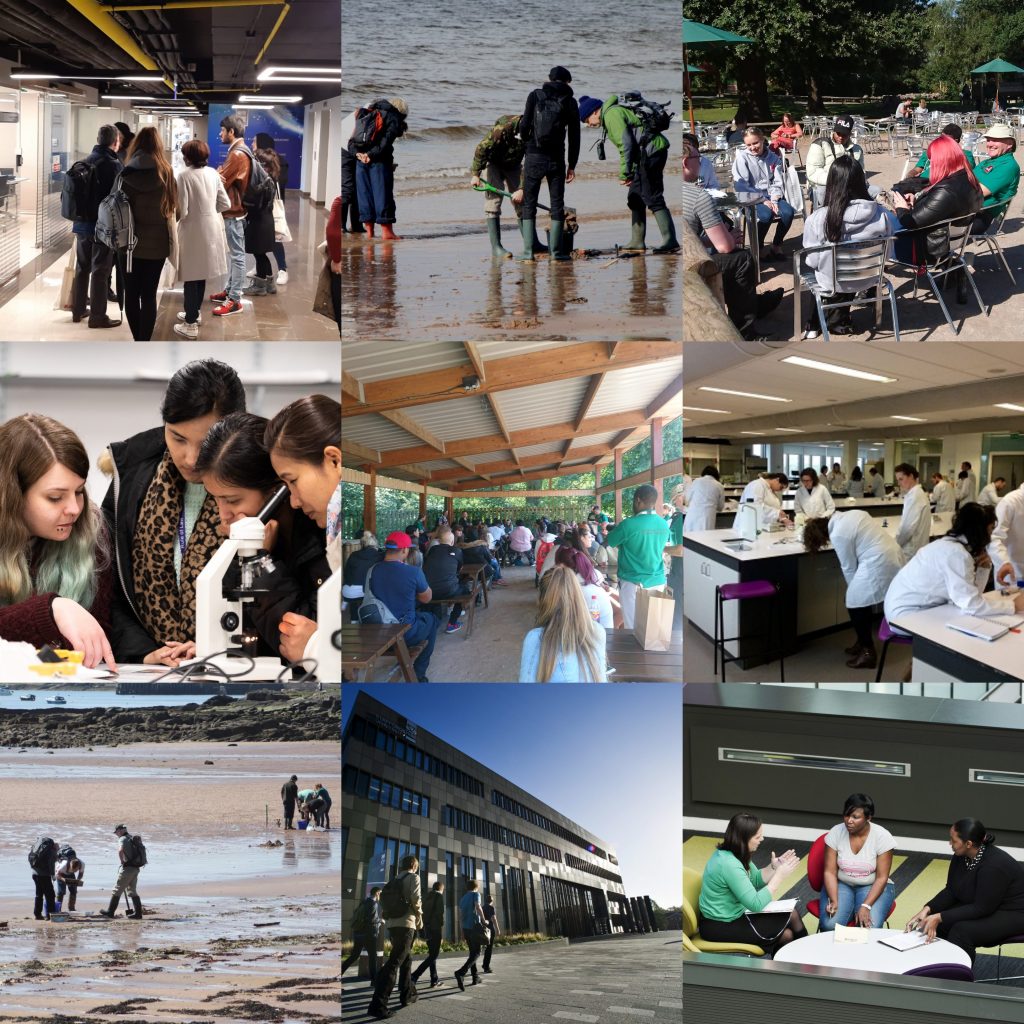
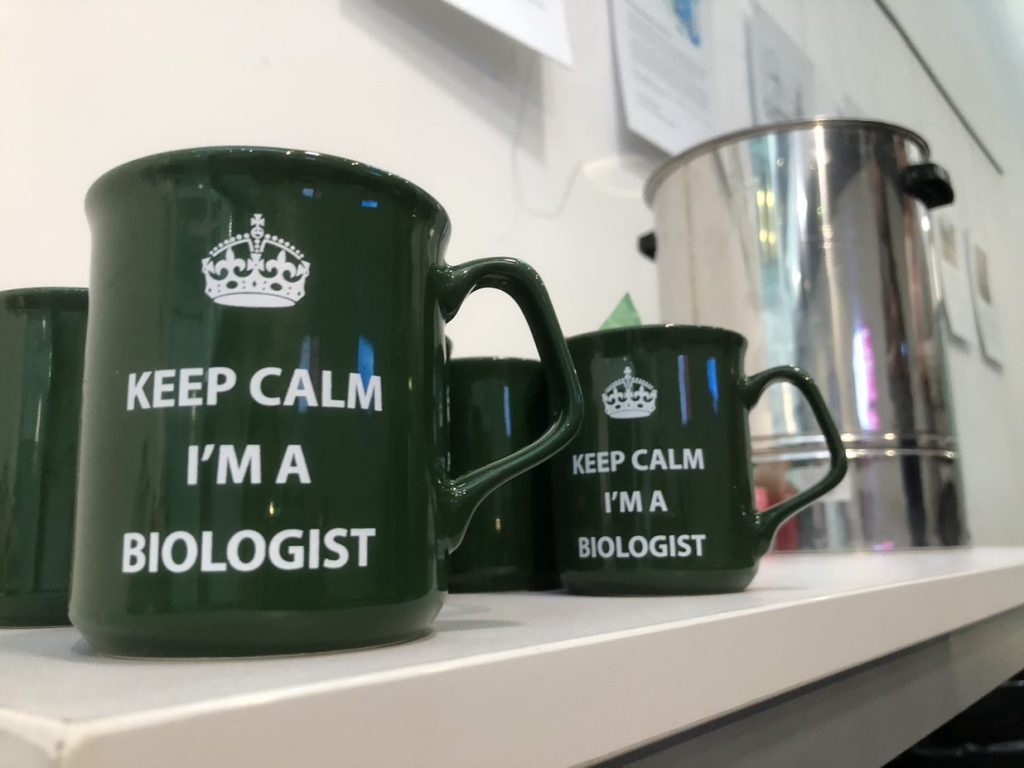

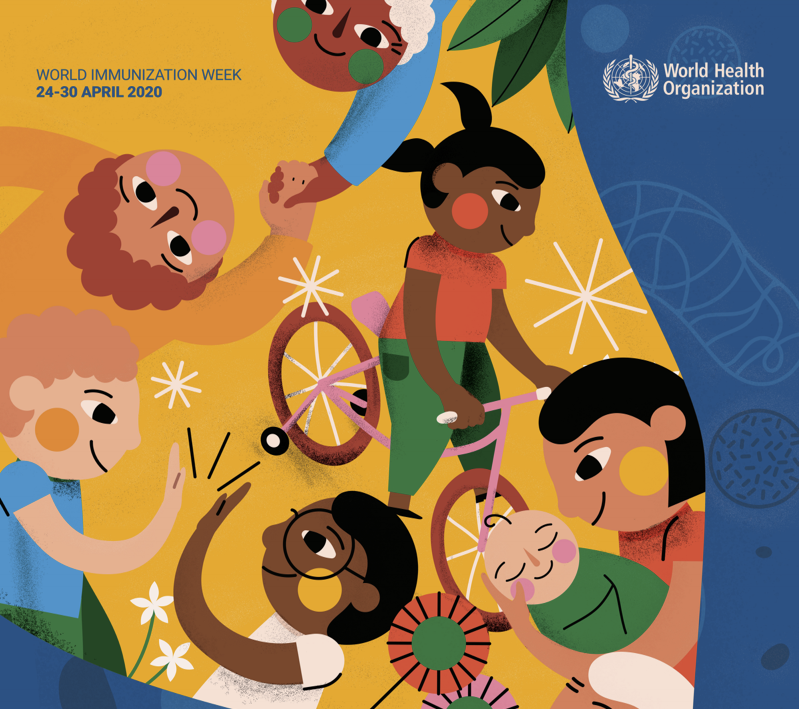
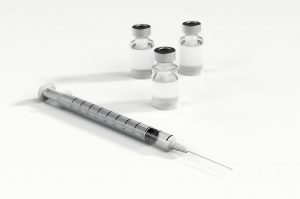 But with vaccination against COVID 19 being our best shot at returning our disrupted worlds back to our own version of normal, it is perhaps even more vital that we raise awareness of the role of immunisation in protecting and promoting health. And, as we wait and hope, I want to take some time to look at something else – those diseases we are already able to prevent because we have vaccines already. Diseases such as measles.
But with vaccination against COVID 19 being our best shot at returning our disrupted worlds back to our own version of normal, it is perhaps even more vital that we raise awareness of the role of immunisation in protecting and promoting health. And, as we wait and hope, I want to take some time to look at something else – those diseases we are already able to prevent because we have vaccines already. Diseases such as measles.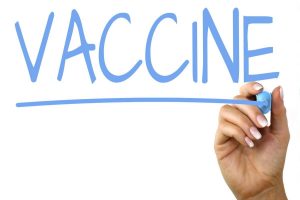

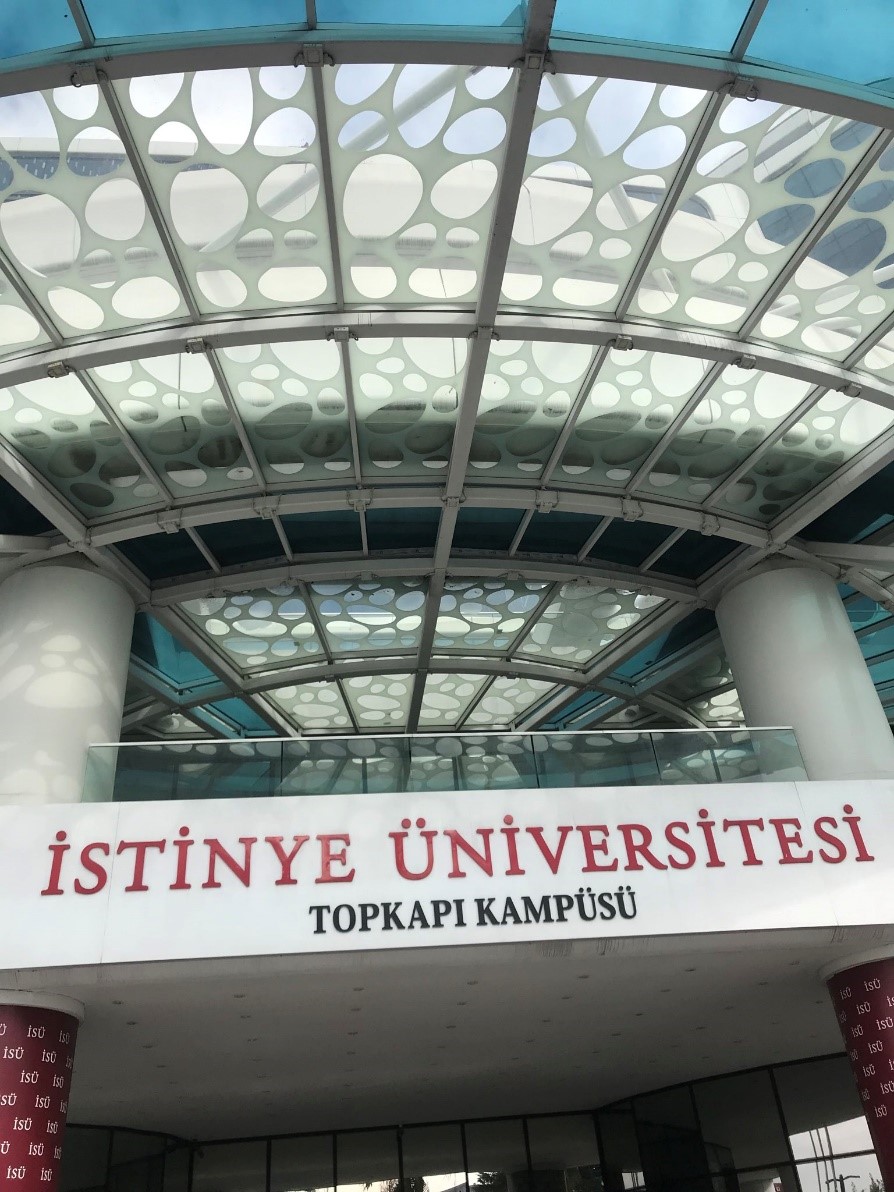
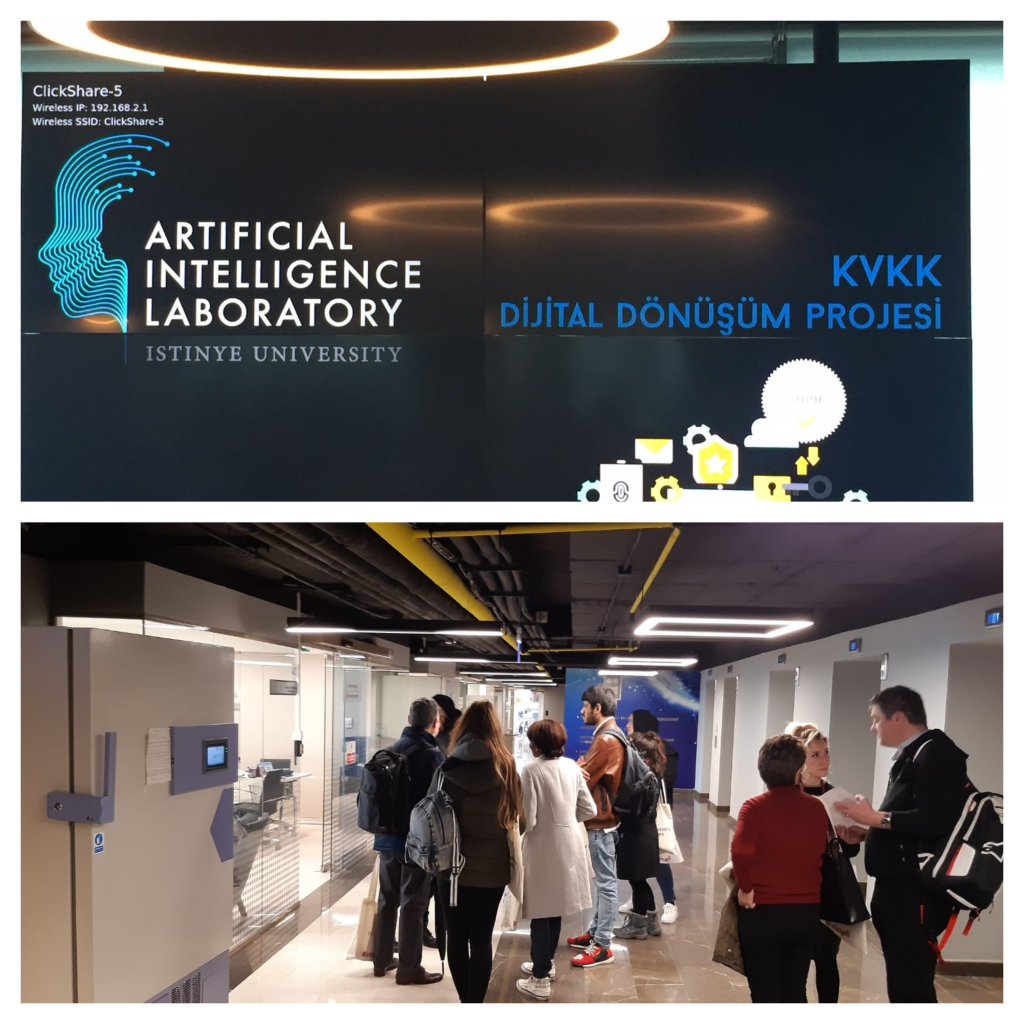
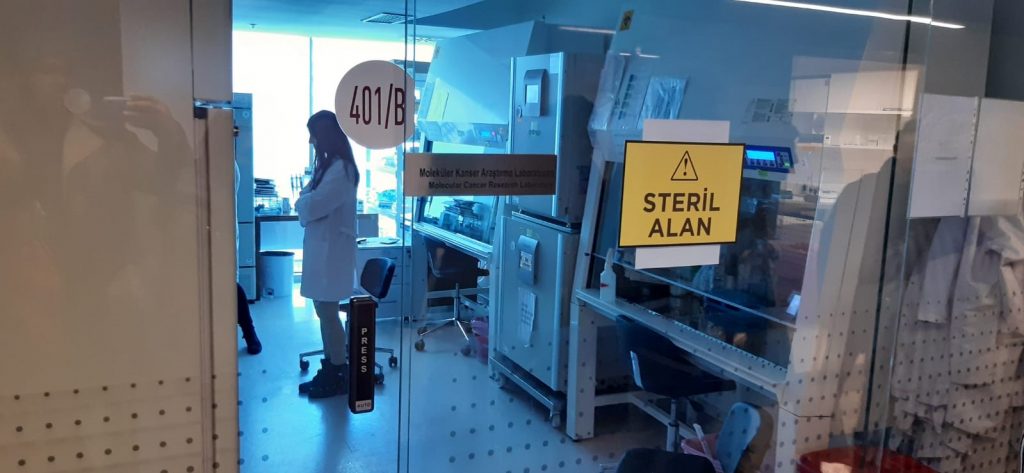
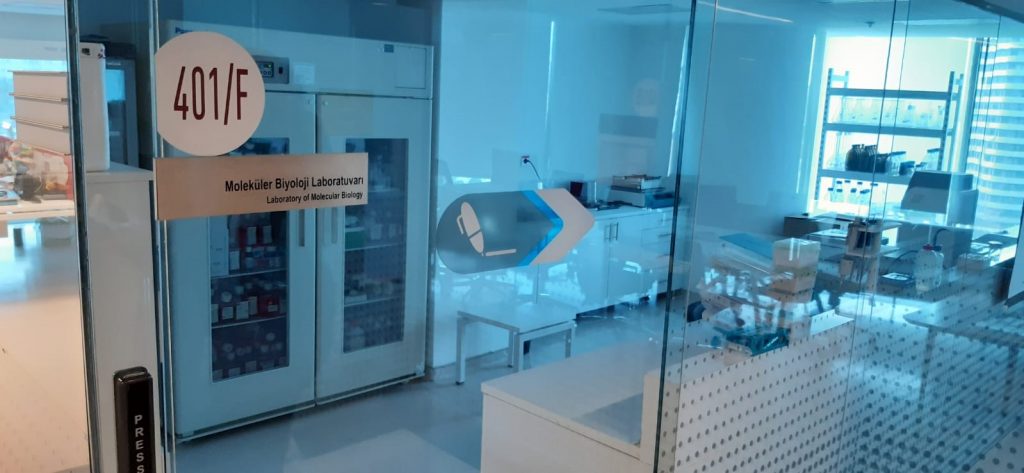
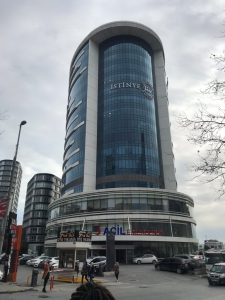 The next day, Staffordshire students were welcomed behind the scenes of Istinye University Liv Hospital Bahçeşehir and Liv Hospital Ulus. We were very impressed with the relaxed environment and quality of care provided within each hospital – some students were even able to witness this first-hand during a live brain surgery! A surreal representation of what we can achieve together as scientists. Staffordshire students and Staffordshire University’s Dr Ahmad Haidery were also very keen to discuss the stem cell treatments being performed at Istinye University Hospital.
The next day, Staffordshire students were welcomed behind the scenes of Istinye University Liv Hospital Bahçeşehir and Liv Hospital Ulus. We were very impressed with the relaxed environment and quality of care provided within each hospital – some students were even able to witness this first-hand during a live brain surgery! A surreal representation of what we can achieve together as scientists. Staffordshire students and Staffordshire University’s Dr Ahmad Haidery were also very keen to discuss the stem cell treatments being performed at Istinye University Hospital. 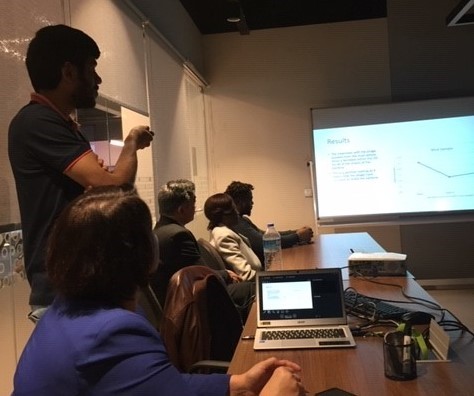
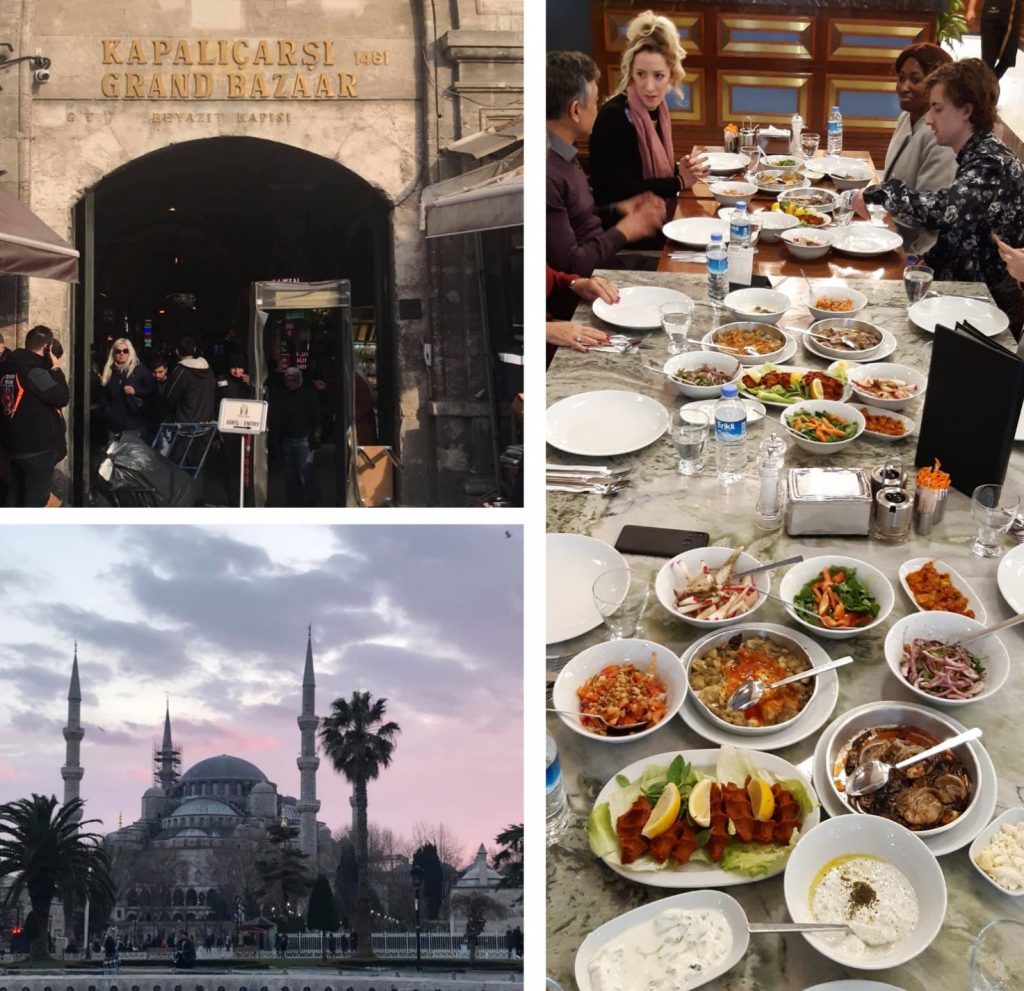
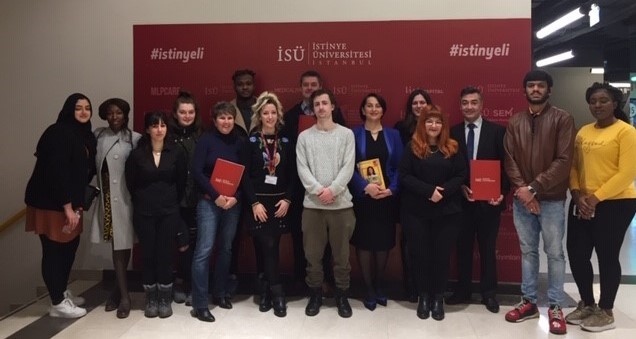
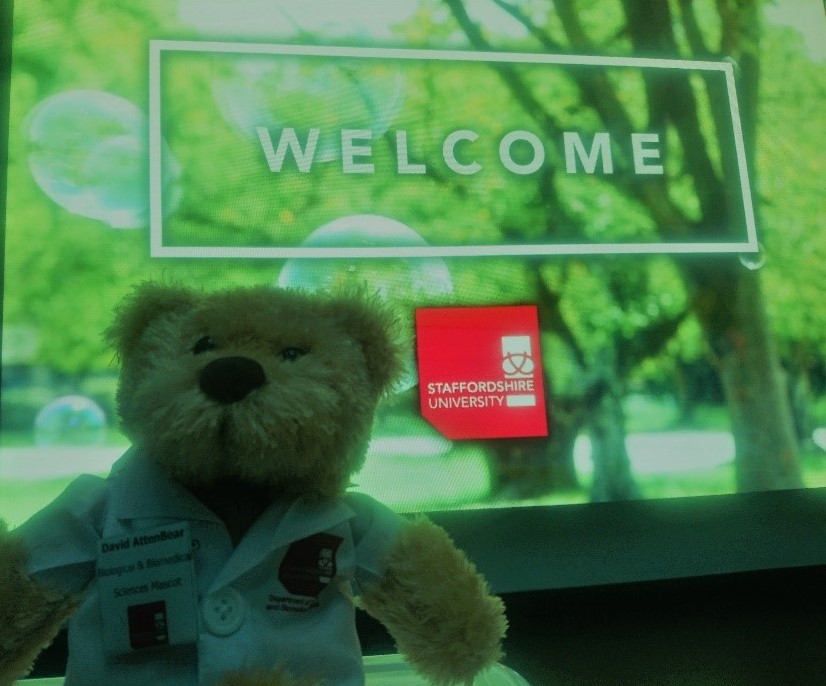
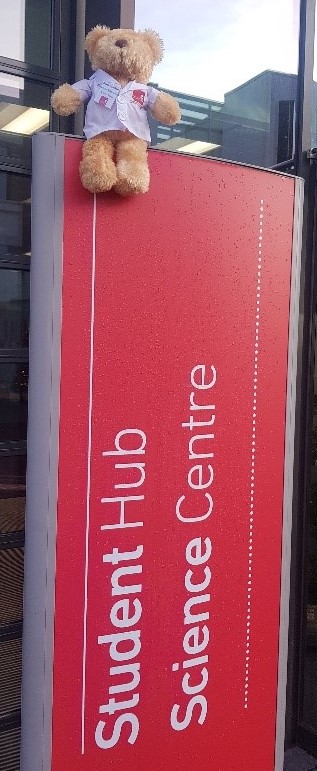
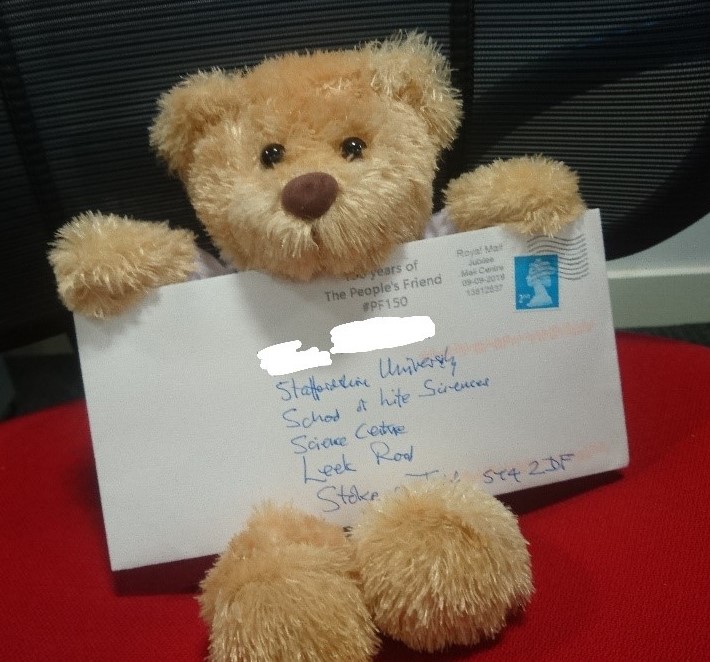
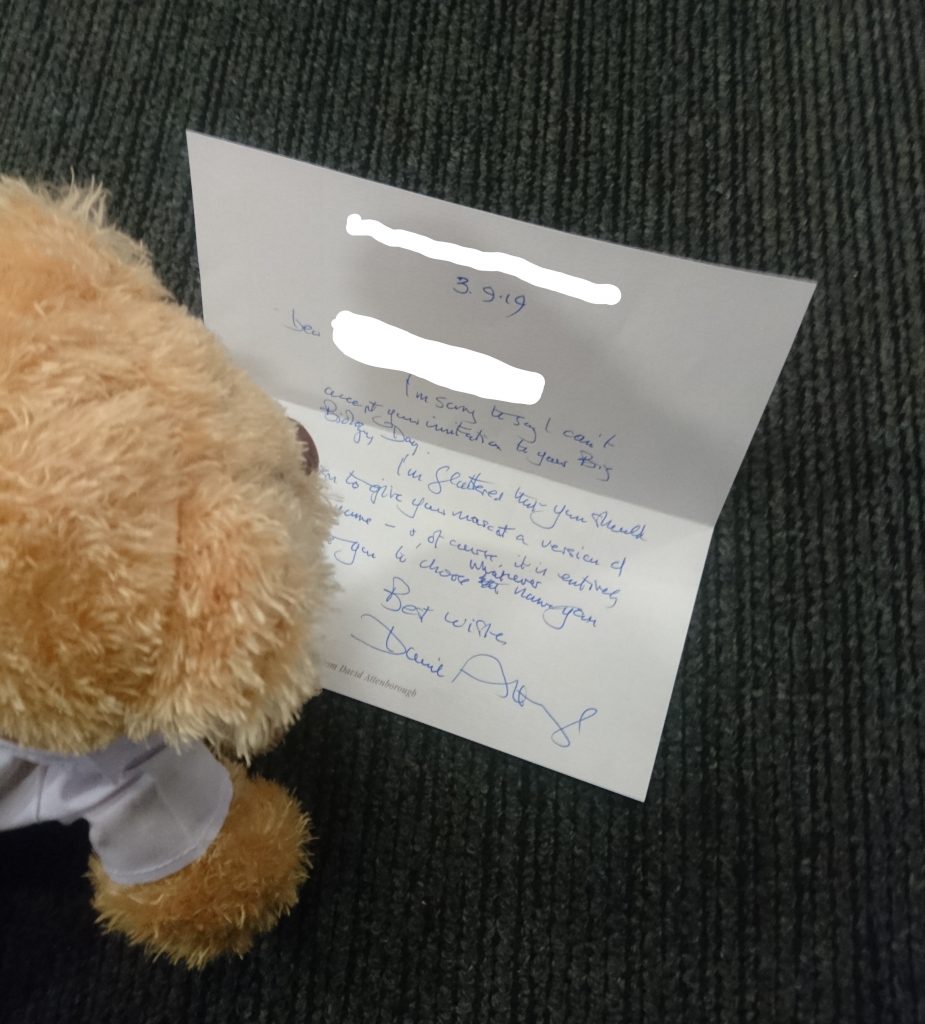
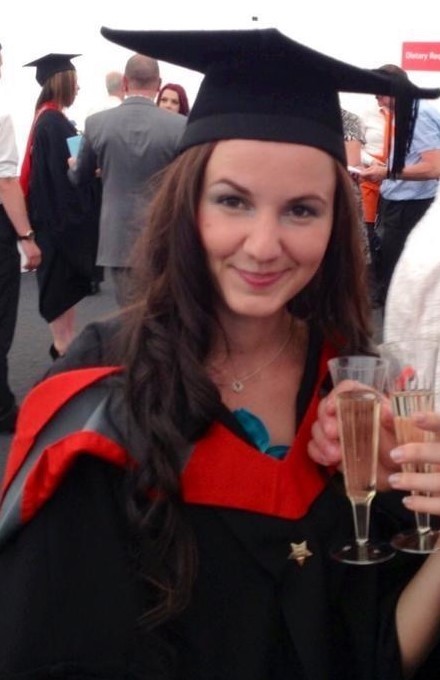
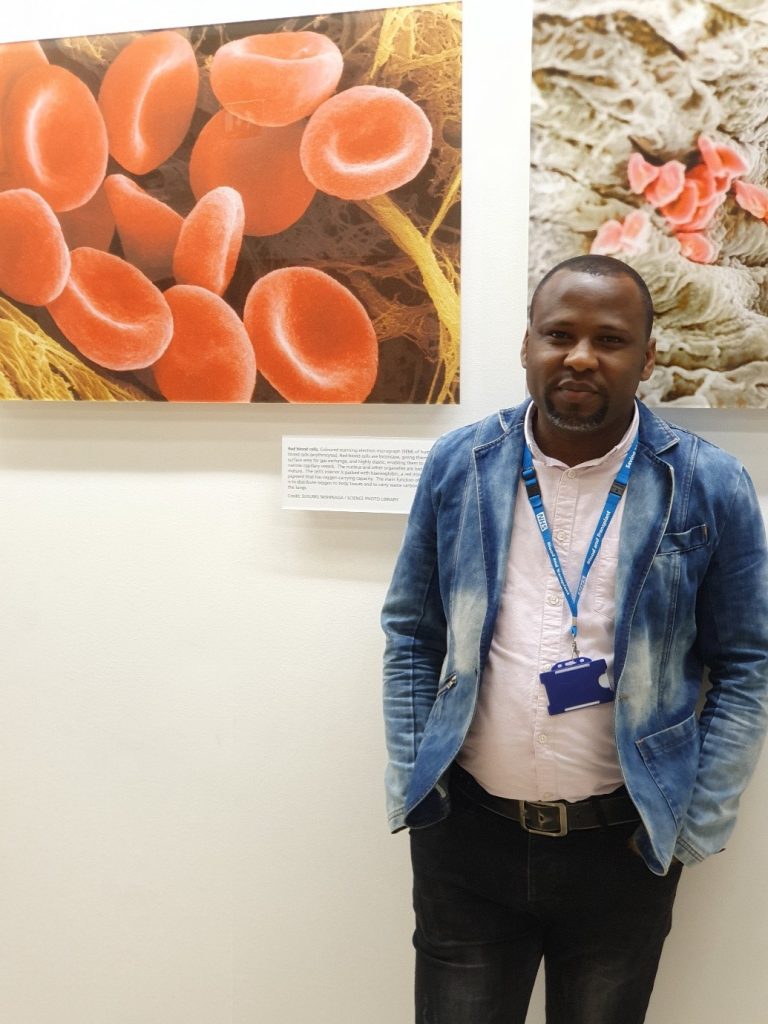 When I arrived in UK, I started applying for medical laboratory assistant jobs but couldn’t succeed, this was because I did not have any UK experience. That is when I decided to do my studies here in UK all over again- Starting from Access to Higher Education in Science at Stoke on Trent college followed by my undergraduate degree in Biomedical Science at Staffordshire university. In my first year at Staffordshire University we covered modules that prepared us for professional practice of biomedical science. This helped me to get one of the few coveted placements in hospitals to earn me an applied biomedical science route. With this, I completed my professional portfolio which led to HCPC registration.
When I arrived in UK, I started applying for medical laboratory assistant jobs but couldn’t succeed, this was because I did not have any UK experience. That is when I decided to do my studies here in UK all over again- Starting from Access to Higher Education in Science at Stoke on Trent college followed by my undergraduate degree in Biomedical Science at Staffordshire university. In my first year at Staffordshire University we covered modules that prepared us for professional practice of biomedical science. This helped me to get one of the few coveted placements in hospitals to earn me an applied biomedical science route. With this, I completed my professional portfolio which led to HCPC registration.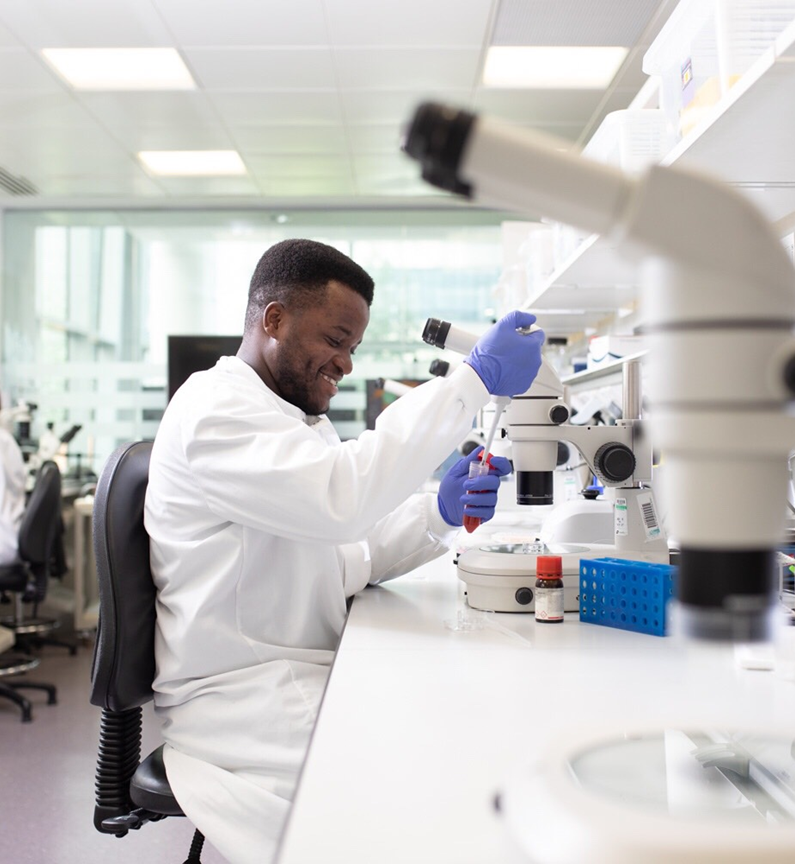 During my time at Staffs, I always intended on working within the healthcare sector, whilst helping to save and change lives. As beautiful as being a Biomedical Scientist sounded, I wanted to be more, and so I worked towards becoming a clinical healthcare scientist. After Staffs Uni, I went on to complete master’s degree in Clinical Embryology and Assisted Reproductive Technology.
During my time at Staffs, I always intended on working within the healthcare sector, whilst helping to save and change lives. As beautiful as being a Biomedical Scientist sounded, I wanted to be more, and so I worked towards becoming a clinical healthcare scientist. After Staffs Uni, I went on to complete master’s degree in Clinical Embryology and Assisted Reproductive Technology.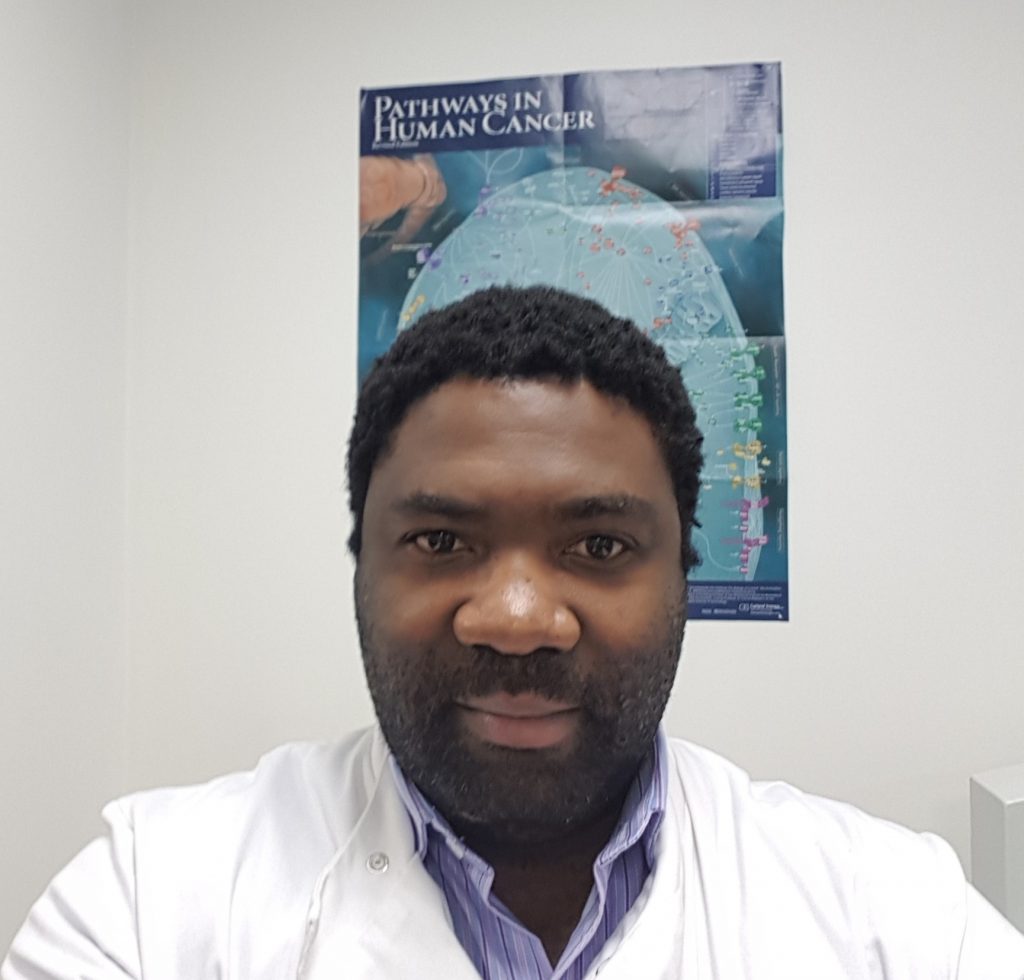 He was in the department of Biology and Biomedical Science in the School of Life Sciences and Education. His research project at Staffordshire University was on Triple Negative Breast Cancer (TNBC), a subject that is making headlines in the field of Biomedical Science.
He was in the department of Biology and Biomedical Science in the School of Life Sciences and Education. His research project at Staffordshire University was on Triple Negative Breast Cancer (TNBC), a subject that is making headlines in the field of Biomedical Science.